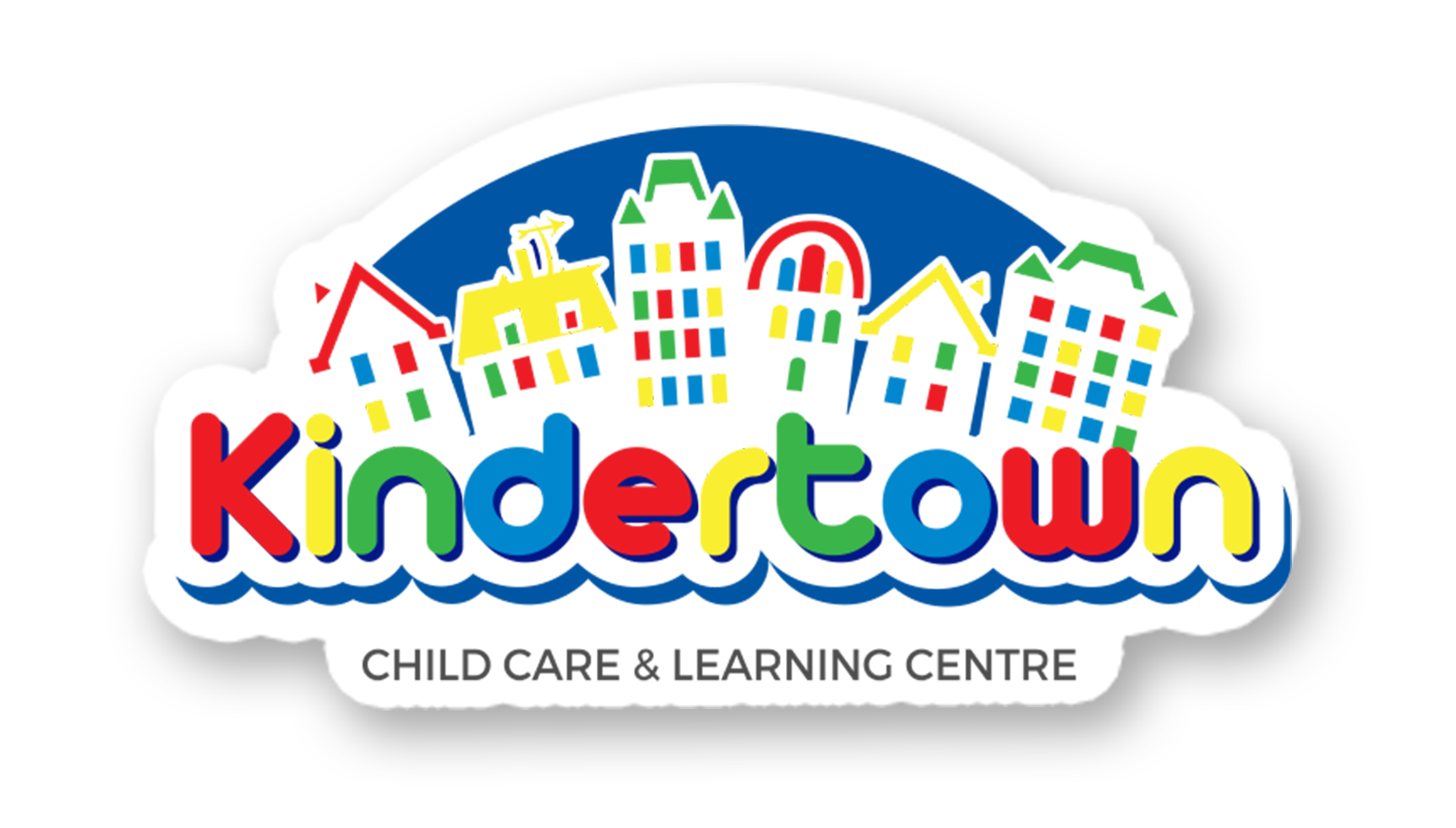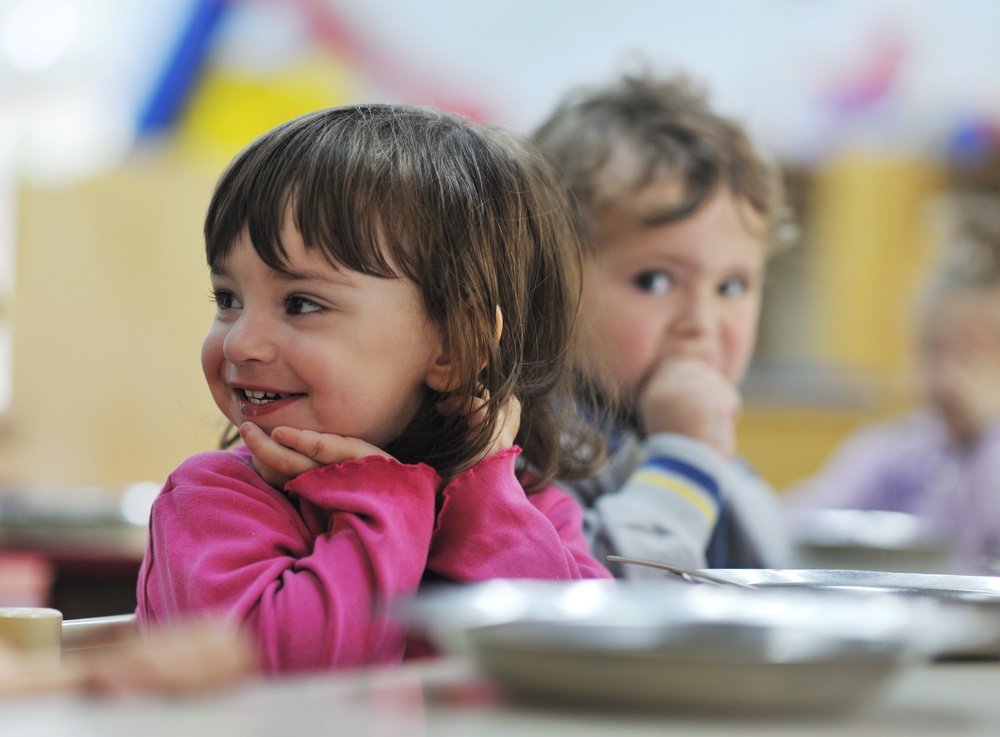Decentering the Child
In early learning childcare, pedagogy refers to the process of teaching and learning, including the strategies and methods that educators use to engage children and support their development. Pedagogy in early learning is focused on creating a safe, nurturing, and stimulating environment that encourages exploration, discovery, and creativity.
One important aspect of pedagogy in early learning childcare is the process of decentering the child. Decentering means that the focus is not only on the child but also on the learning environment and the interactions between the child, educators, and other children. The goal is to create a collaborative learning experience that is child-centered and responsive to the individual needs, interests, and abilities of each child.
Decentering the child means that educators need to listen to and observe children closely, to better understand their interests and developmental needs. Educators can then use this information to design activities and experiences that build on children's strengths and provide opportunities for growth in areas that may be challenging.
Here are some ways that Kindertown Educators have been attempting to decenter the child and create a collaborative learning experience:
Child-led learning: Encourage children to take the lead in their learning by allowing them to choose activities and explore topics that interest them. This promotes autonomy and helps children feel empowered and engaged in their learning.
Co-creation: Involve children in the process of creating learning experiences and activities. This includes co-creating routines, rules, and expectations. When children feel that they have a say in the learning process, they are more invested and motivated.
Collaborative play: Encourage children to engage in collaborative play and problem-solving activities. This helps them learn important social skills such as communication, teamwork, and empathy.
Observation and documentation: Observe and document children's learning and development to gain insight into their interests, abilities, and challenges. Use this information to guide curriculum planning and design learning experiences that are responsive to each child's needs.
Reflection and evaluation: Regularly reflect on and evaluate the learning experiences and activities provided, taking into account children's feedback, interests, and needs. This allows for continuous improvement and refinement of the learning environment.
Decentering the child in early learning childcare means that educators need to be intentional in their approach to teaching and learning. They need to create a learning environment that is responsive, supportive, and collaborative. This requires a shift away from traditional teacher-centered models of instruction to a more child-centered approach that values the voice and agency of the child.
Pedagogy in early learning childcare is focused on the process of teaching and learning, including the strategies and methods that educators use to engage children and support their development. Decentering the child is a key aspect of pedagogy in early learning, and it involves creating a collaborative learning experience that is child-centered and responsive to the individual needs, interests, and abilities of each child. By encouraging child-led learning, co-creation, collaborative play, observation and documentation, and reflection and evaluation, early learning childcare providers can create an environment that promotes exploration, discovery, and creativity, setting the foundation for lifelong learning.

